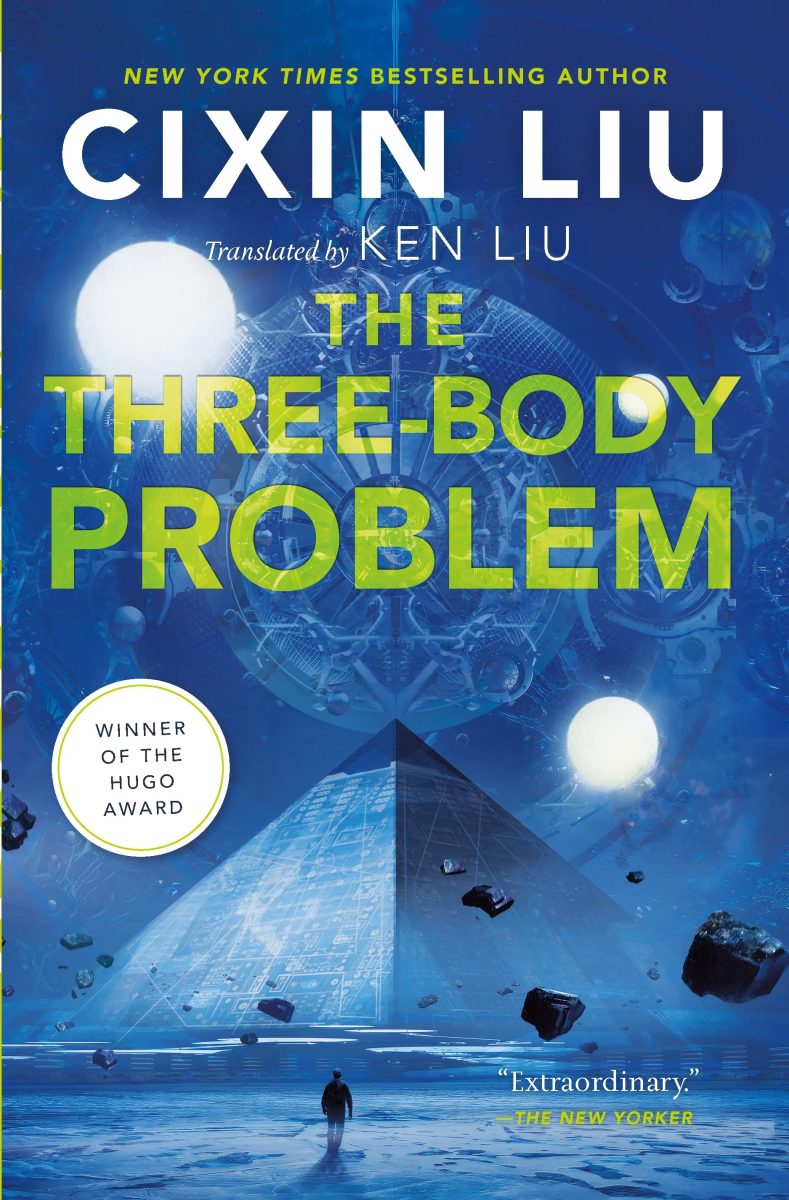Should philosophy guide experiments, or should experiments guide philosophy?
The question above is found in Liu Cixin’s Hugo award-winning science fiction novel The Three-Body Problem. Originally published in Chinese in 2008 and later in English in 2014, The Three-Body Problem is set against the backdrop of China’s Cultural Revolution. The novel follows multiple generations of characters as they grapple with the political and societal effects of making contact with a nearby alien civilization near destruction.
The book begins in 1967 during the throws of China’s Cultural Revolution. Ye Zhetai, a physics professor, is persecuted in a struggle session because of his “reactionary” views; the belief that “truth emerges from experiences” puts him at odds with the government and the Red Guards. Immediately, the reader realizes how scientific pursuits often conflict with political beliefs in the novel.
For the most part, the story follows the lives of two people—Wang Miao and Ye Wenjie. Miao is a nanomaterial researcher who becomes entangled in a global conspiracy after playing a video game called Three Body. And Ye is a scientist during the Cultural Revolution who plays a large role in shaping the plot. Through these characters’ actions and beliefs, Liu invites the reader to ponder whether alien contact would be beneficial for mankind and how people might react.
Not only is The Three-Body Problem deeply philosophical, but also deeply scientific. For instance, the name of the book is derived from the fact that scientists have no accurate way of predicting the movements of any three celestial bodies—such as planets, stars, or other massive objects—whose gravitational forces are interacting. Without spoiling a major part of the plot, this scientific dilemma plays a large role in how the alien civilization develops and lives.
This book is a must-read for anyone interested in science fiction but also anyone interested in mathematics, physics, or philosophy. It is the first book in the Remembrance of Earth’s Past trilogy. Although it is an incredibly thought-provoking read, it is not a difficult one, making for a great entry point for those new to science fiction.
Categories:
Book Review: The Three Body Problem
The Three Body Problem book cover
0





